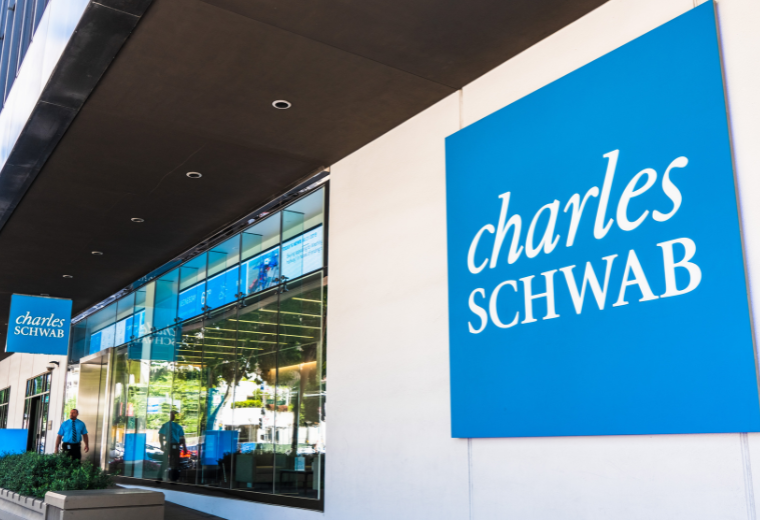
(Bloomberg) — Shares fell after the US pushed forward with tariffs on automakers, reinforcing concern a few widening commerce battle and offsetting knowledge that confirmed faster-than-estimated progress on this planet’s largest financial system.
Most Learn from Bloomberg
Simply days earlier than the tip of 1 / 4 that’s set to be the worst for the S&P 500 since 2023, the gauge slipped anew. Automotive giants from Toyota Motor Corp. to Mercedes-Benz Group AG and Common Motors Co. received hit. AppLovin Corp. sank on a brief report from Muddy Waters. Megacaps had been blended, with Apple Inc. up and Nvidia Corp. down. In late hours, Lululemon Athletica Inc. gave a depressing outlook. The bond market flashed considerations about inflation as short-dated Treasuries outperformed longer ones.
President Donald Trump signed a proclamation to implement a 25% tariff on auto imports and pledged harsher punishment on the EU and Canada in the event that they be part of forces in opposition to the US. The transfer overshadowed knowledge exhibiting the financial system expanded at a faster tempo within the fourth quarter than beforehand estimated. A measure of inflation was revised decrease.
To Bret Kenwell at eToro, the info received’t act as a serious confidence enhance for traders as their focus is firmly planted within the present financial panorama slightly than the one from just a few months in the past.
↵
Subscribe to the Inventory Movers Podcast on Apple, Spotify and different Podcast Platforms.
“Traders will wish to see in-line or higher inflation outcomes and a robust employment quantity to achieve some reassurance,” he mentioned.
Inflation stays at a disquieting degree for the Federal Reserve. And Friday’s private consumption expenditures value index is forecast to indicate indicators of stickiness.
The S&P 500 misplaced 0.3%. The Nasdaq 100 fell 0.6%. The Dow Jones Industrial Common slid 0.4%.
The yield on 10-year Treasuries rose one foundation level to 4.36%. The greenback wavered.
Friday’s inflation knowledge will present a snapshot of value pressures and financial exercise main as much as Trump’s deliberate April 2 announcement on reciprocal tariffs — which he has dubbed “Liberation Day in America.”
Common uncertainty concerning the impression of the duties assist clarify why Fed officers saved rates of interest unchanged final week.
“The specter of additional tariff escalation stays a key concern, however our financial forecasts don’t name for a recession within the US,” mentioned Mark Haefele at UBS International Wealth Administration.




